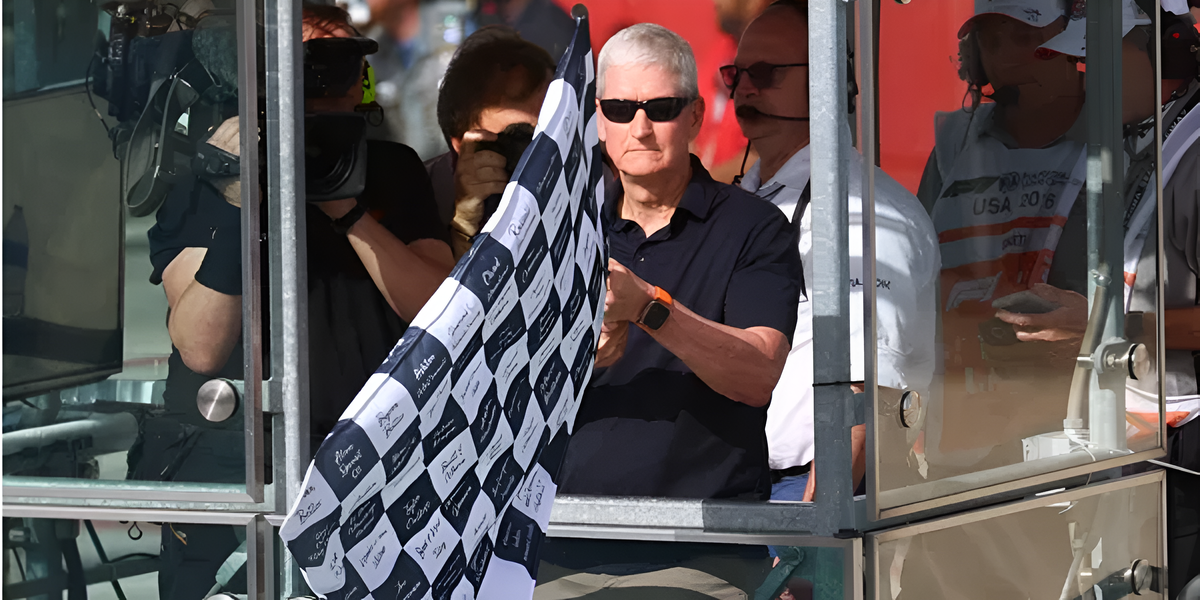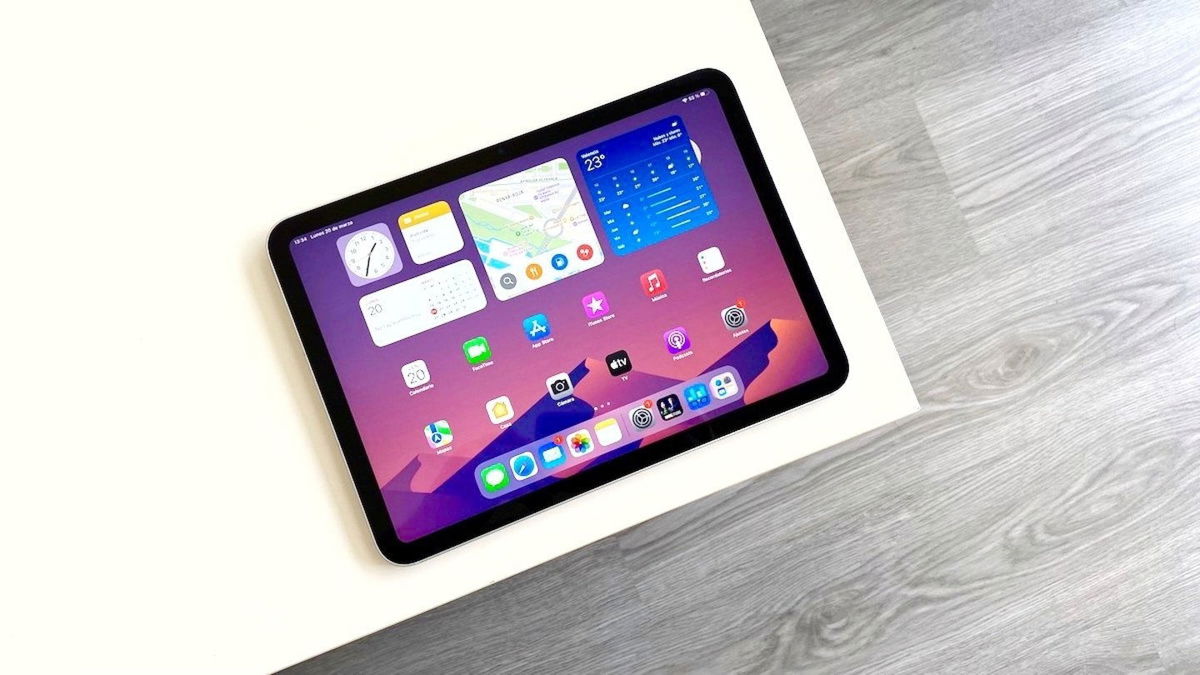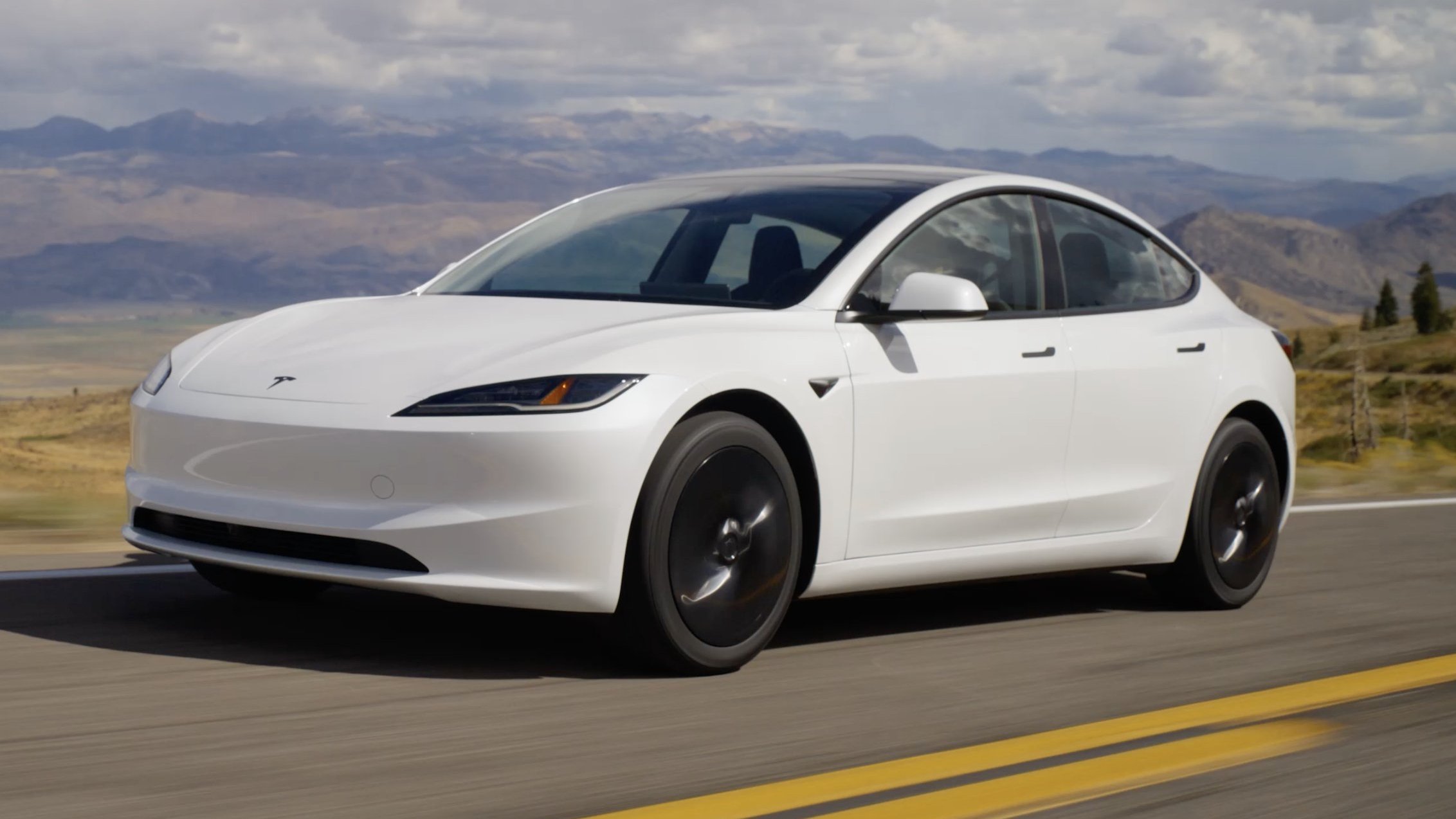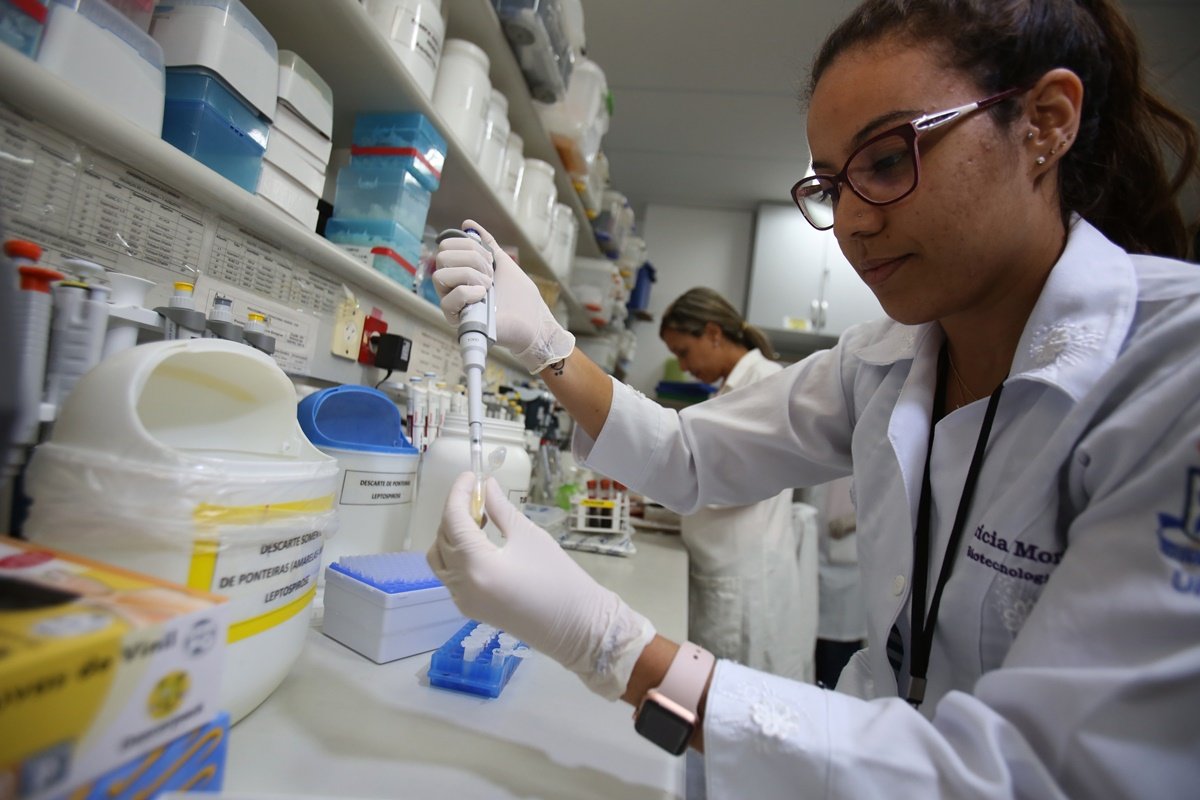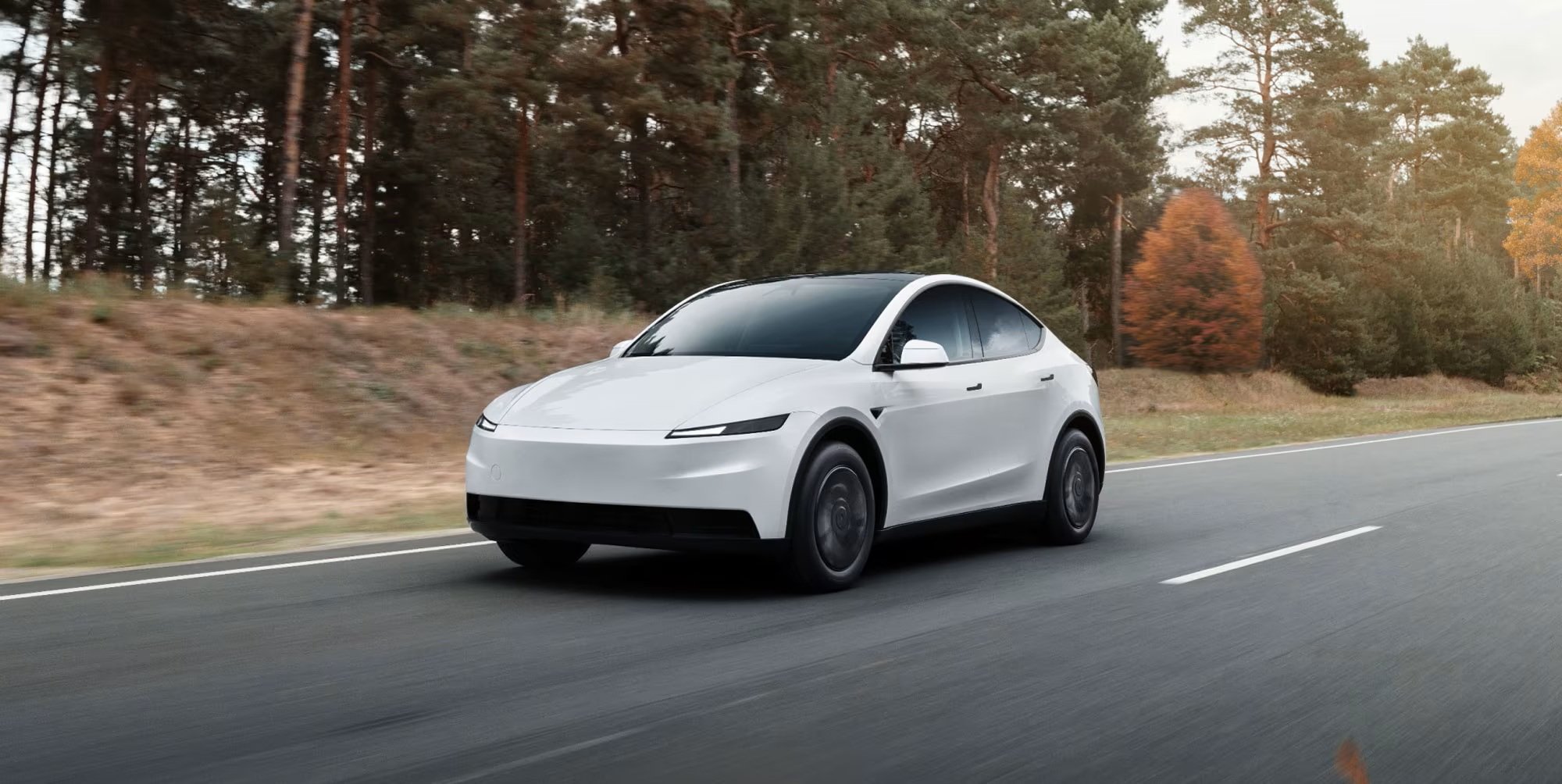Brazilian science needs urgent action. Declining investment in the region in recent years has led more Brazilian scientists to seek careers as researchers in other countries, and a lack of money to maintain public universities and other research institutions is causing laboratories and equipment to be down or down. reduced capacity.
According to a 2018-2022 study by SoU_Ciência (Center for Society, University and Science Studies) and the Serrapilheira Institute in July of this year, 19 of the 22 Budgetary Units that manage resources in science have had a reduction in their net budgets.
According to the same research, between 2018 and 2021, the Ministry of Science, Technology and Innovation (MCTI) cut its resources by 42.19%; CNPq (National Council for Scientific and Technological Development), a federal research promotion agency, experienced a 64.92% reduction in its budget between 2013 and 2021.
To reverse this situation, scientists argue that as a way to keep young scientists in their careers and in the country, the next government should restart investment and increase the value of graduate scholarships – without readjustment for nearly a decade.
“We have a huge budget deficit. There has been a decline in money at federal universities to pay daily bills such as water and electricity bills and maintenance. Renovation resources have dropped 96% over the last five years; Buildings are deteriorating and security risks are emerging,” says Soraya Smaili, SoU_Ciência coordinator.
According to Smaili, a pharmacist and scientist, the lack of funding means that research labs do not produce as much as they can, or need, at least until they are temporarily closed.
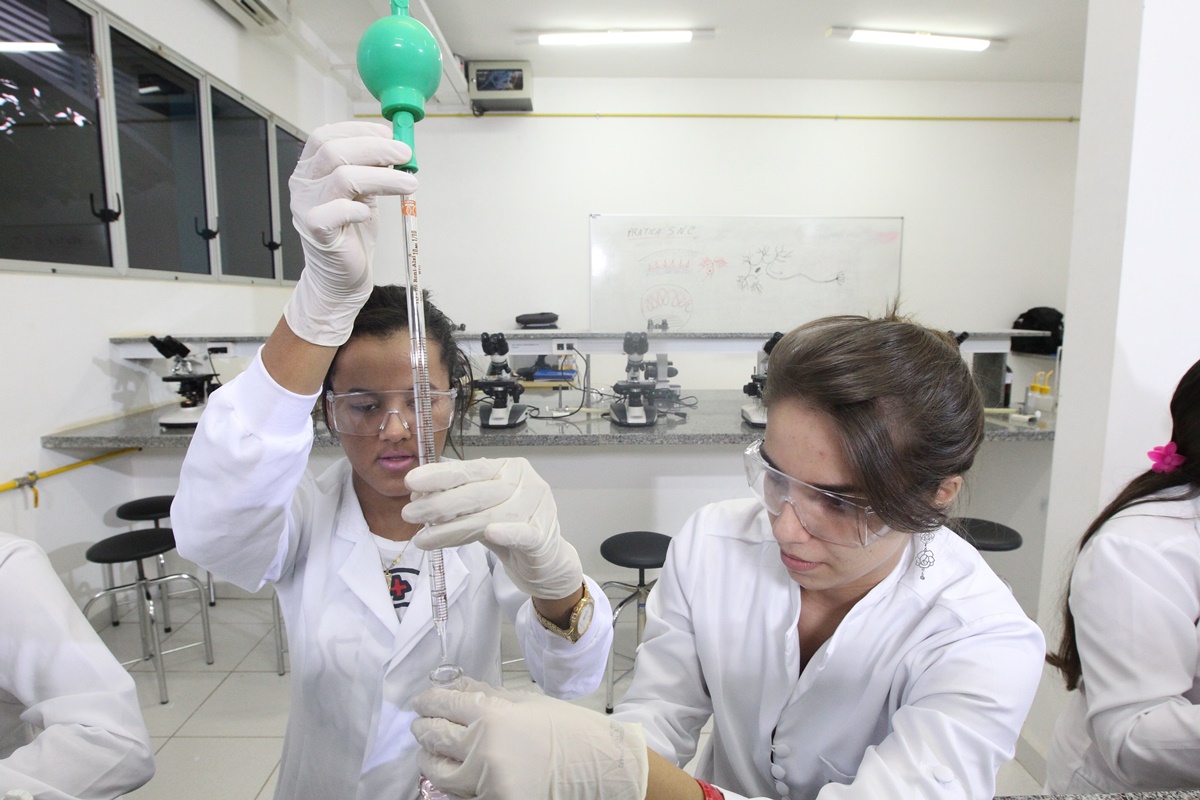
“There is a lot of abandonment in the scientific field. Science is undervalued and the emergency is rampant,” says Alexander Kellner, director of the National Museum at the UFRJ (Federal University of Rio de Janeiro).
According to Kellner, one of Brazil’s foremost paleontologists, urgent action is needed to stop the brain drain (the term refers to the escape of Brazilian scientists seeking careers as researchers abroad).
The scientist reinforces the need for a substantial increase in the amounts paid by postgraduate scholarships in the country.
The Stricto sensu master’s program (Master’s and PhD programs) is the main way to train new scientists in Brazil. In these courses, often taken at public institutions such as federal universities, students put the scientific method into action – they plan research, conduct experiments, and record results to solve a problem, which can generate new knowledge and even innovative products.
Data from a report published in 2021 by the Observatory for Science, Technology and Innovation (OCTI) and the Center for Management and Strategic Studies (CGEE) shows that Brazilian scientific production, the 13th largest in the world, has grown by 32.2% over the past years. 2015 and 2021 – already in cost reduction scenario in the region.
Despite increased production in an unfavorable scenario, scholarships paid to graduate students by CNPq (the main institution promoting research in the country) have not been issued in Brazil for nearly 10 years. According to the table, the amount paid to a master’s student is R$1,500 and for a doctoral student the scholarship is R$2200.
Improvement of laboratories and other sites that foster scientific research and investment in infrastructure are also noted as a priority by Kellner and other scientists. TecMundo.
A fire in September 2018 largely destroyed the collection and building of the National Museum, one of the oldest scientific institutions in the country. “It’s a fact that the National Museum has been abandoned for a long time, caught fire, and we lost a lot of things we couldn’t save,” says Kellner.

“It is essential to have the understanding that our scientific and cultural heritage cannot be abandoned. It is necessary to seriously consider preserving things of scientific value. The National Museum should be looked at carefully; It belongs to Brazilian society,” adds the scientist.
What do scientists expect from the new government?
Helena Nader, president of the Brazilian Academy of Sciences (ABC), says it is urgent that the constitution be respected. “We have legislation that ensures science and education are priorities,” she says.
For the biomedical and scientist, research plays a strategic role in a country’s development and Brazil lags behind because it does not invest in this field. “The nation lacks a strategic vision. “We cannot get out of the crisis without science and education.”
According to Nader, scientific development could distract Brazil from over-reliance on foreign technology. Sectors such as health, energy, agriculture and livestock will benefit from greater investments in science. “We won’t be self-sufficient in everything, but we can be in some things,” he says.
“We hope the new government understands that science is an investment, not an expense. Without science, the country has no future; we need to produce science and add value to what we produce,” says Kellner. National Museum.
Soraya Smaili from SoU_Ciência says the coronavirus pandemic has highlighted the importance of what science can produce, from vaccines to special fabrics for face shields.
The scientist says investment is needed to keep these solutions available to society. “In the future, I see a government in a system that values science and higher education and has already demonstrated its ability to generate knowledge and solutions to sustain investments and restore a capacity that already exists,” says the researcher. .
What do the presidential candidates’ government plans say?
While the government plans of the main candidates in the presidential race highlight the importance of investments in science, more concrete recommendations for the field are missing from the documents. For example, the reorganization of postgraduate scholarships, which is one of the main demands of researchers, never occurs.
The first round of the presidential elections will be held on 2 October. If there is a second round, it will be held on October 30. In the first round, voters must also choose their candidates for the positions of governor, senator, deputy state and federal lawmaker – the last three parts of the legislature make the laws.
This vote also determines the direction science in the country will take, says ABC’s Helena Nader. They need to understand that when voting for the parliamentary seat, they have given the candidate a power of attorney. Since the money to be used is ours, we need to collect the shares,” said the scientist.
Source: Tec Mundo
I am Bret Jackson, a professional journalist and author for Gadget Onus, where I specialize in writing about the gaming industry. With over 6 years of experience in my field, I have built up an extensive portfolio that ranges from reviews to interviews with top figures within the industry. My work has been featured on various news sites, providing readers with insightful analysis regarding the current state of gaming culture.

